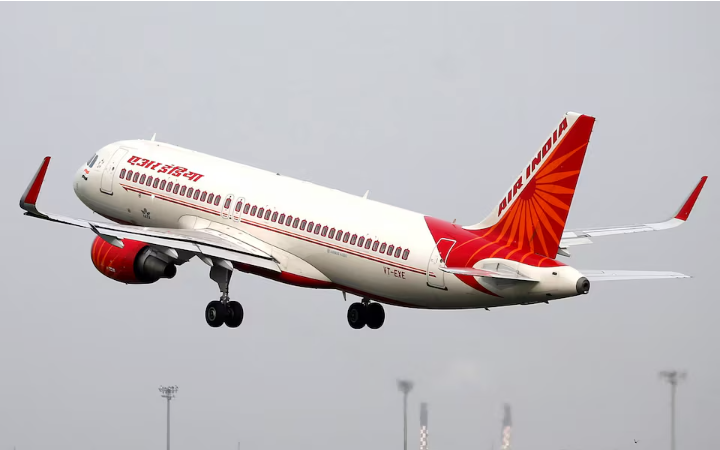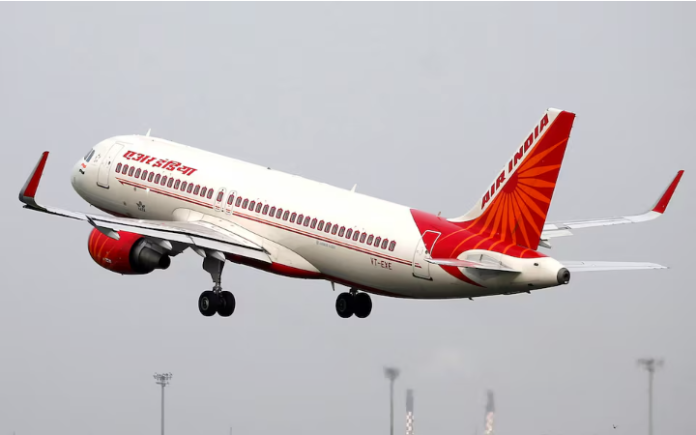India’s national carrier, Air India, is under intense scrutiny after the country’s aviation regulator issued a stern warning over serious safety violations involving three of its Airbus aircraft. According to a government investigation reviewed by Reuters, these aircraft were operated with overdue checks on critical emergency equipment—specifically, the escape slides used during emergencies.
The warning comes from the Directorate General of Civil Aviation (DGCA), which discovered during surprise inspections in May that essential safety checks had not been carried out in time. In one alarming case, the inspection of an Airbus A320 was delayed by over a month.
Despite this, the aircraft continued to fly to international destinations such as Dubai, Riyadh, and Jeddah. Another Airbus A319, used for domestic flights, had gone over three months without proper checks, while a third aircraft’s inspection was two days late.
The DGCA stated that operating these planes with expired or unverified safety gear directly violates airworthiness and safety regulations. They emphasized that the situation reflects “weak procedural control and oversight” within Air India, further criticizing the airline for its delayed responses to compliance requests.
Adding to the concern, some aircraft were also found with outdated registration paperwork. The regulator noted that certificates of airworthiness for planes missing mandatory checks are “deemed suspended.”
While these recent revelations are not related to the tragic Air India Boeing 787-8 crash last week that claimed 241 lives, they compound the airline’s ongoing safety woes. That crash has already triggered widespread criticism and raised serious doubts about Air India’s operational standards.
Air India, now owned by the Tata Group after its 2022 privatization, responded by saying it is fast-tracking the verification of all maintenance logs, including those for emergency equipment. The airline admitted that one of the escape slide issues came to light when an engineer accidentally deployed a slide during maintenance.
Former aviation legal expert Vibhuti Singh weighed in on the gravity of the issue, saying, “In an emergency, if escape slides don’t function, it could result in severe injuries or fatalities.”

The DGCA report also revealed that prior deficiencies flagged by the regulator had not been adequately addressed, suggesting a “systemic control failure.” It blamed Air India’s internal quality control and planning departments for failing to take corrective action, even after multiple alerts.
Industry observers note that such regulatory violations typically attract financial and civil penalties, potentially affecting both airline executives and the organization as a whole.
This isn’t the first time Air India has faced trouble. In 2024 alone, the airline and its budget arm, Air India Express, were cited in 12 out of 23 cases involving safety violations across India. One major fine of $127,000 was imposed after a flight to San Francisco was found to have insufficient oxygen on board.
As Air India strives to rebuild its global reputation, these safety issues—compounded by last week’s crash—threaten to derail the Tata Group’s ambitious turnaround plans. In a recent internal memo, Chairman N. Chandrasekaran called on staff to treat the tragedy as a wake-up call and a motivation to build a “safer airline.”



